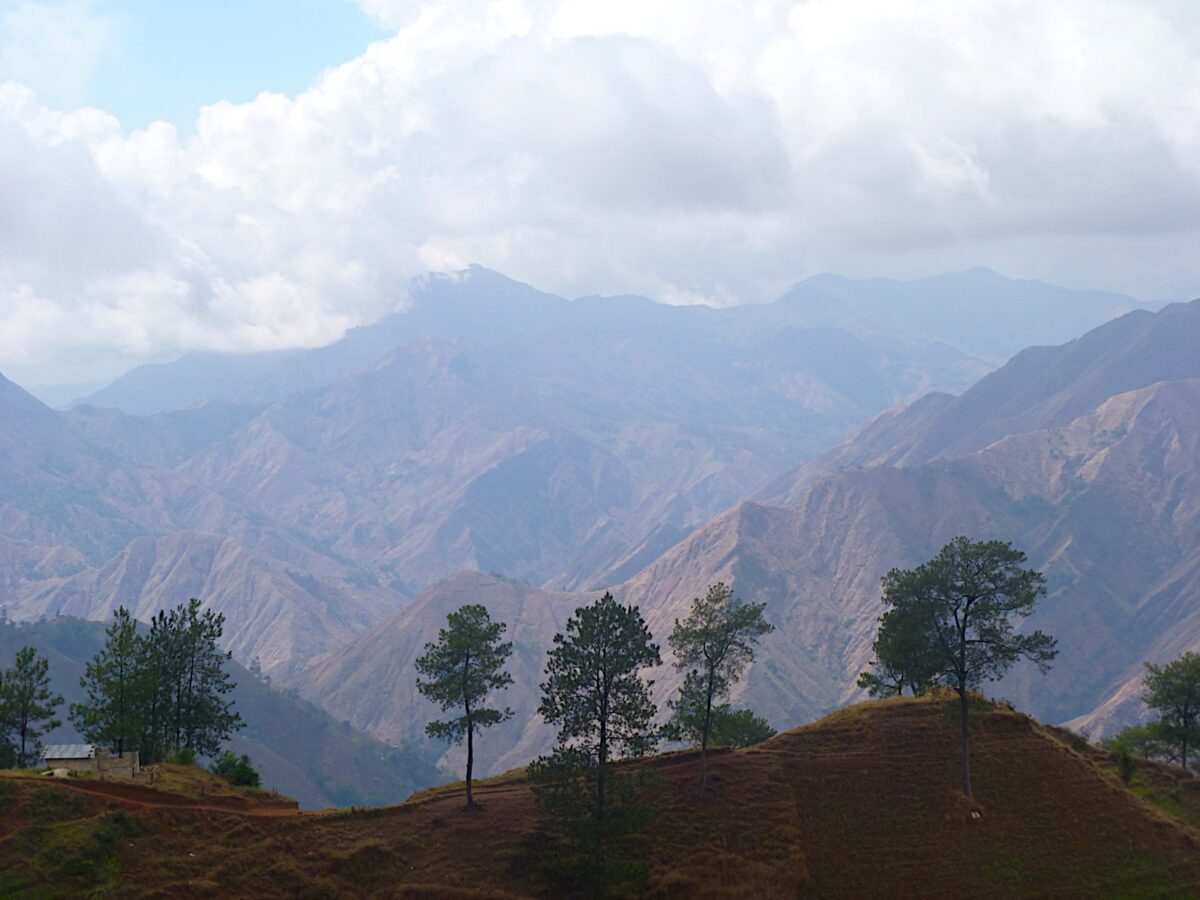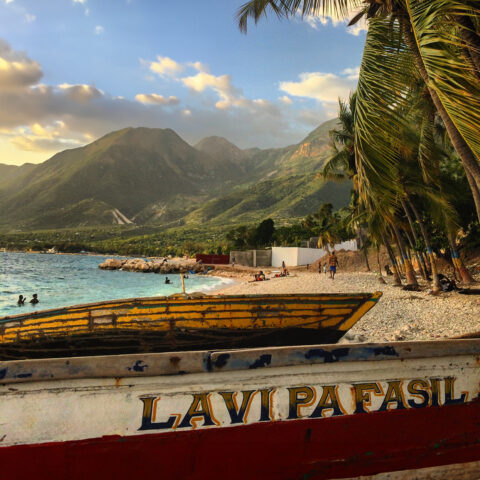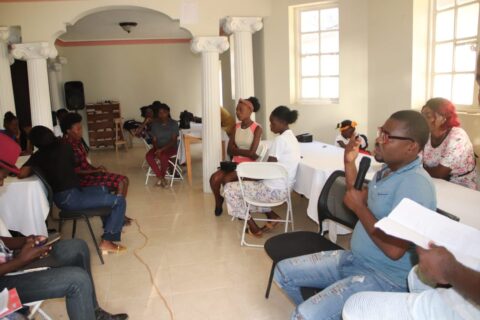CLIMATE AND ENVIRONMENT
Climate Justice and Reparations
The countries of the Caribbean have contributed a negligible amount to global greenhouse gas emissions, and yet are experiencing—and will experience—some of the most devastating consequences of climate change. Though the Caribbean is highly exposed to extreme weather events and sea level rises, the human impacts of climate change are not an accident of geography alone. They are also the result of colonial, extractive and exploitative power relationships that drive extreme climate vulnerability in the region, falling unevenly on the most marginalized communities.

The Caribbean Climate Justice Initiative collaborates with social movements and organizations in the Caribbean, with an initial focus on Haiti and the Dominican Republic. The initiative aims to uphold the human rights of marginalized communities on the frontlines of the global climate crisis and to advance their climate justice priorities nationally and internationally.
The project objectives are to build the power and knowledge of Caribbean communities and conduct joint advocacy, including through popular education, legal empowerment and by supporting South-South exchanges.
The initiative supports campaigns in partnership with social movements, including efforts to resist development projects and policies that exacerbate climate vulnerability and threaten human rights.
- In the Dominican Republic, the Clinic collaborates with Dominican social justice organization Centro Montalvo to support community self-determination in the face of an expansion of the Barrick Gold Pueblo Viejo mine that may threaten one of the country’s most significant watersheds.
- In Haiti with several social movements opposing megaprojects that would displace small-scale farmers and may degrade ecosystems.
The student-led research and analysis produced aim to:
- inform advocates, scientists and lawyers
- compel collective action
- support the case for climate reparations and just adaptation for the Caribbean.

Bay Kou bliye, Pote Mak Sonje
Climate Injustice in Haiti and the Case for Reparations
A report by the Global Justice Clinic at NYU Law and the Promise Institute for Human Rights at UCLA Law, in collaboration with Haitian social movement organizations, illuminates the crisis of climate injustice in Haiti. It outlines the impacts of climate harms on Haitian people and their human rights, the colonial construction of Haiti’s climate vulnerability, and the legal and moral arguments for reparations to advance both climate and racial justice. It also touches on grassroots efforts in Haiti for climate resilience and to advance land rights, environmental justice, and community self-determination.
Enjistis Klimatik an Ayiti ak Demann pou Reparasyon
Se yon rapò ekri pa Klinik Jistis Mondyal nan Fakilte Dwa NYU ansanm ak Enstiti Promise pou Dwa Moun nan Fakilte Dwa UCLA. Se atrave kolaborasyon ak mouvman sosyal an Ayiti nou reyalize li. Rapò a prezante enpak dega klimatik sou popilasyon Ayisyen epi li montre jan istwa kolonizasyon ak enjistis rasyel kreye vilnerabilite klimatik Ayiti. Li bay egzanp pou montre kouman popilasyon Ayisyen ap degaje yo nan reyalite difisil la, epi li konkli reparasyon se nesese pou jistis klimatik ansanm ak jistis rasyel.

Recent flooding in Port-de-Paix highlights the urgency of climate disorder and its uneven impacts in Haiti
Ellie Happel & Sherwanda Maxime for Open Global Rights
Global North actors responsible for Haiti’s climate vulnerability must act to address the worst consequences of climate change.


